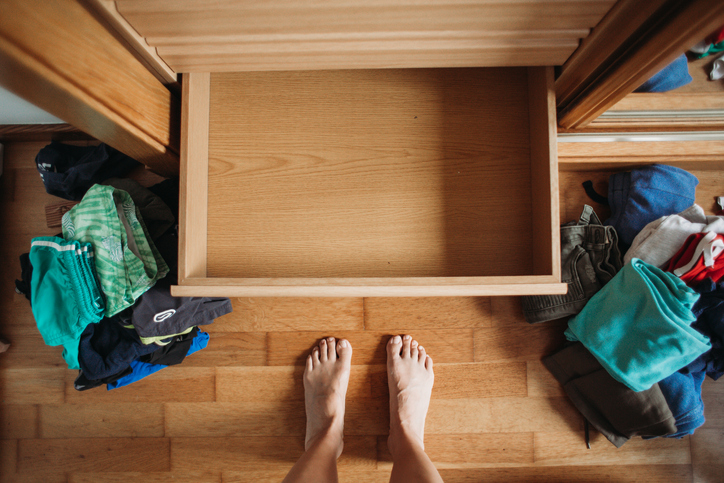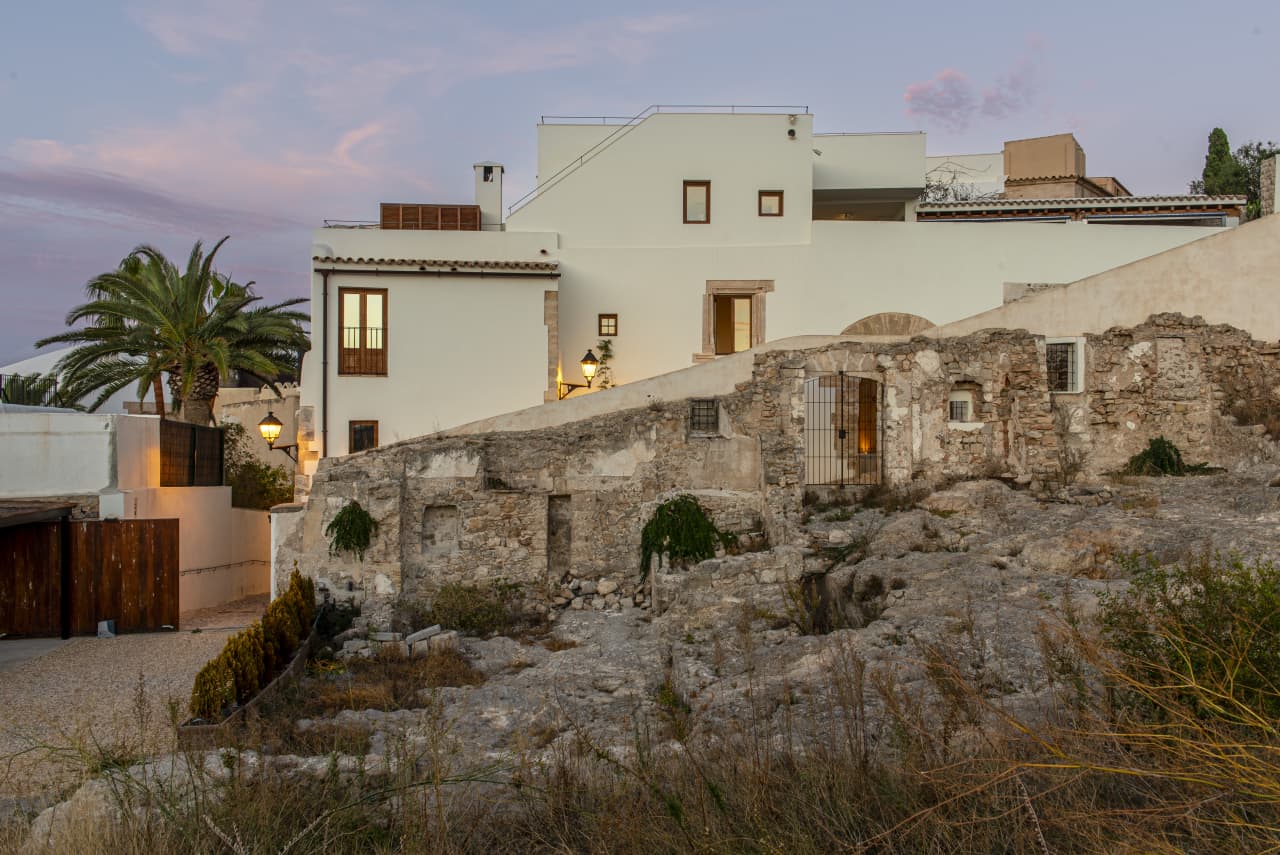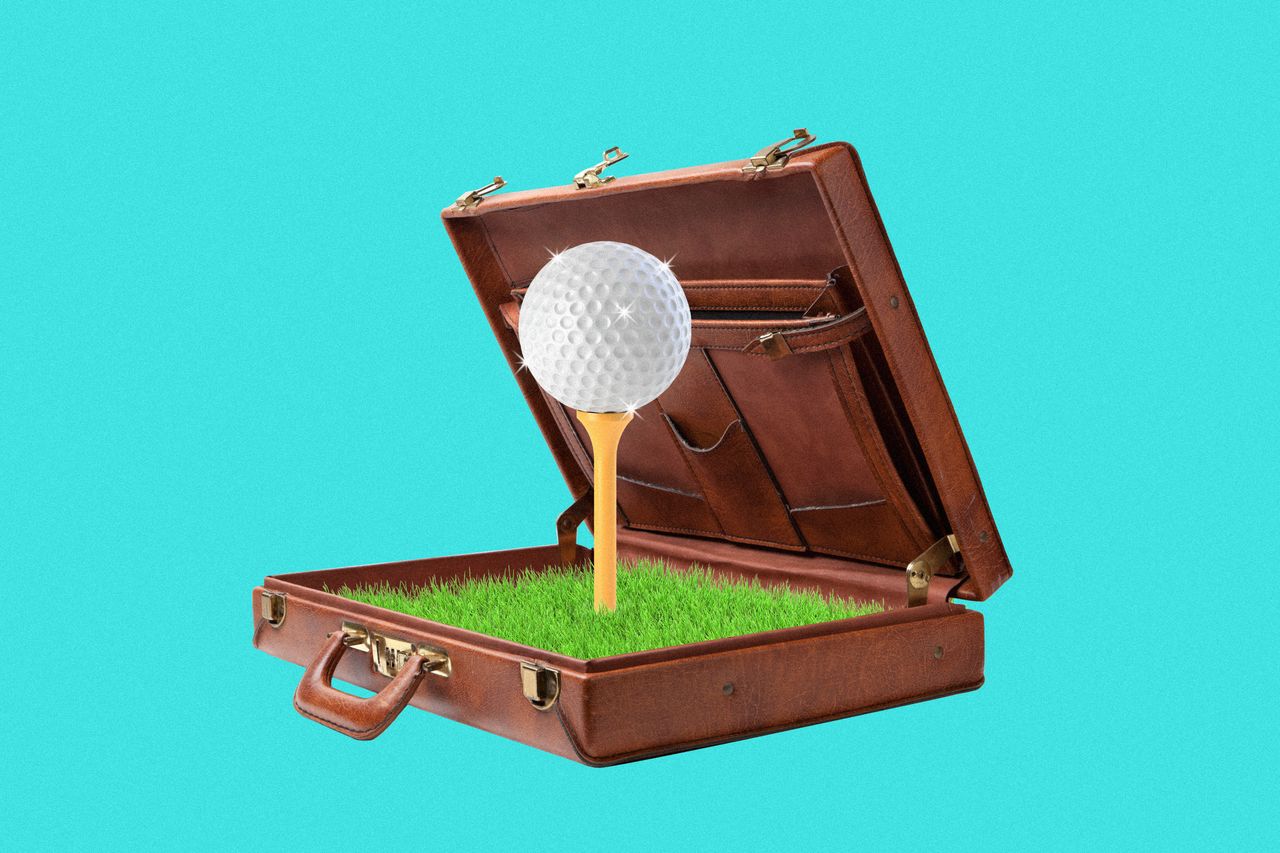You’ve Got Too Much Stuff. 3 Smart Ways to Declutter Your Home by 2024.
Worried about new acquisitions filling up your home this holiday? Here, organisational experts share tips to jettison old, unwanted items—whether you’re motivated by profit, charity or sheer exhaustion.
SMUG MINIMALISTS often tout the “one in, one out” rule, a clutter-control practice that involves removing one item from your home any time you add another. But during the amped-up accumulation of the holidays, even typically type-A housekeepers can find themselves derailed and searching for ways to cull the excess. “So much stuff is coming into our homes this time of year, along with pressure to be jolly,” said Chicago-based professional organiser Sarah Parisi of the Clutter Curator. “It’s a natural time to declutter.”
To help expedite the process, here she and other home experts share tips for deaccessioning effectively.
What to Do If…You Want to Make Some Cash
Prioritise. “The biggest question I ask my clients is what’s worth their time,” said Washington, D.C.-based decluttering expert Jenny Albertini. “Identify which pieces offer the highest return and focus your efforts on [selling] those.”
Local auction houses or upscale online décor marketplaces—like Incollect, 1stDibs or Chairish—are Albertini’s go-to for unloading particularly valuable furnishings. For everything else, New York-based interior designer Amy Lau prefers Facebook Marketplace. “It’s quick and commission-free,” she said—and though managing the selling process can be laborious, the payoff is usually worth it.
Craving a truly clean slate? Check EstateSales.org to find a house-clearing company to prep your home for a monster tag sale. “They’ll keep a percentage of the profit,” explained Albertini. “But you do much less work.”
What to Do If…You Want to Do Good
“The best way to get rid of stuff is whatever gets it out of your house fastest—usually donation,” said Dallas-based decluttering expert Dana K. White. For that reason, she encourages clients to think of organisations like the Salvation Army as service providers—and not to get hung up on which charity feels like a “just-right” match. Start with local homeless shelters, churches or Goodwill, which is as “ubiquitous as Starbucks” and a “good option for generalised donations,” Albertini said. Animal shelters sometimes accept odds and ends—like pillows and bedding—that other organisations won’t.
If you’re ready to part with an item but believe someone else could cherish it, steer toward organisations like Humble Design. This nonprofit—which operates in Chicago, Cleveland, Detroit, San Diego and Seattle—collects donated furniture and household items either by drop-off or pick-up and stores the goods in their warehouse. Humble’s designers and volunteers later “shop” the warehouse to furnish homes for families emerging from homelessness. Similarly, to keep reusable household items from landing in landfills, Habitat for Humanity’s ReStores accept used furniture, appliances, housewares and building materials and resell them to the public at discount, using the profits to build affordable housing worldwide.
What to Do If…You Want to Do Almost Nothing
Does decluttering seem like just another chore? For clients who are loath to add another item to their to-do list, Albertini recommends OfferUp, a classified service akin to Facebook Marketplace that requires fewer fussy photos and descriptions. She also likes the consignment site Kaiyo; it will pick up, store, clean and deliver your furniture to its eventual buyer for a percentage of the sale price. For anything leftover, hire a hauling service like 1-800-Got-Junk, Dolly or Junk King, which do 100% of the heavy lifting for you. Bottom line, says Lau: “If you don’t love it or use it, lose it.”
The Wall Street Journal is not compensated by retailers listed in its articles as outlets for products. Listed retailers frequently are not the sole retail outlets.
 Copyright 2020, Dow Jones & Company, Inc. All Rights Reserved Worldwide. LEARN MORE
Copyright 2020, Dow Jones & Company, Inc. All Rights Reserved Worldwide. LEARN MORE
This stylish family home combines a classic palette and finishes with a flexible floorplan
Just 55 minutes from Sydney, make this your creative getaway located in the majestic Hawkesbury region.
Continued stagflation and cost of living pressures are causing couples to think twice about starting a family, new data has revealed, with long term impacts expected
Australia is in the midst of a ‘baby recession’ with preliminary estimates showing the number of births in 2023 fell by more than four percent to the lowest level since 2006, according to KPMG. The consultancy firm says this reflects the impact of cost-of-living pressures on the feasibility of younger Australians starting a family.
KPMG estimates that 289,100 babies were born in 2023. This compares to 300,684 babies in 2022 and 309,996 in 2021, according to the Australian Bureau of Statistics (ABS). KPMG urban economist Terry Rawnsley said weak economic growth often leads to a reduced number of births. In 2023, ABS data shows gross domestic product (GDP) fell to 1.5 percent. Despite the population growing by 2.5 percent in 2023, GDP on a per capita basis went into negative territory, down one percent over the 12 months.
“Birth rates provide insight into long-term population growth as well as the current confidence of Australian families,” said Mr Rawnsley. “We haven’t seen such a sharp drop in births in Australia since the period of economic stagflation in the 1970s, which coincided with the initial widespread adoption of the contraceptive pill.”
Mr Rawnsley said many Australian couples delayed starting a family while the pandemic played out in 2020. The number of births fell from 305,832 in 2019 to 294,369 in 2020. Then in 2021, strong employment and vast amounts of stimulus money, along with high household savings due to lockdowns, gave couples better financial means to have a baby. This led to a rebound in births.
However, the re-opening of the global economy in 2022 led to soaring inflation. By the start of 2023, the Australian consumer price index (CPI) had risen to its highest level since 1990 at 7.8 percent per annum. By that stage, the Reserve Bank had already commenced an aggressive rate-hiking strategy to fight inflation and had raised the cash rate every month between May and December 2022.
Five more rate hikes during 2023 put further pressure on couples with mortgages and put the brakes on family formation. “This combination of the pandemic and rapid economic changes explains the spike and subsequent sharp decline in birth rates we have observed over the past four years,” Mr Rawnsley said.
The impact of high costs of living on couples’ decision to have a baby is highlighted in births data for the capital cities. KPMG estimates there were 60,860 births in Sydney in 2023, down 8.6 percent from 2019. There were 56,270 births in Melbourne, down 7.3 percent. In Perth, there were 25,020 births, down 6 percent, while in Brisbane there were 30,250 births, down 4.3 percent. Canberra was the only capital city where there was no fall in the number of births in 2023 compared to 2019.
“CPI growth in Canberra has been slightly subdued compared to that in other major cities, and the economic outlook has remained strong,” Mr Rawnsley said. “This means families have not been hurting as much as those in other capital cities, and in turn, we’ve seen a stabilisation of births in the ACT.”
This stylish family home combines a classic palette and finishes with a flexible floorplan
Just 55 minutes from Sydney, make this your creative getaway located in the majestic Hawkesbury region.






















